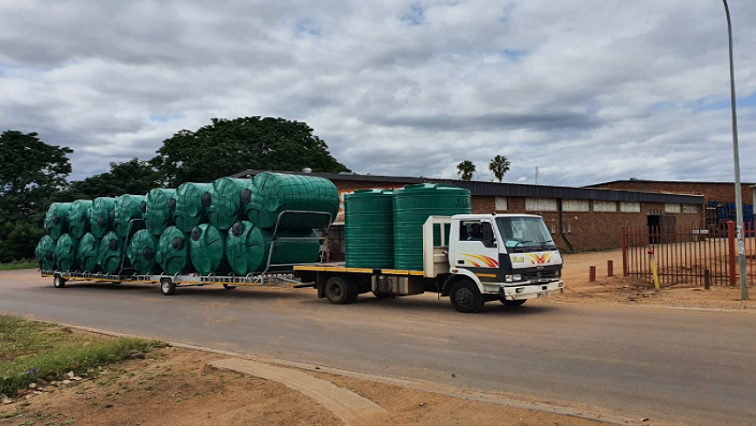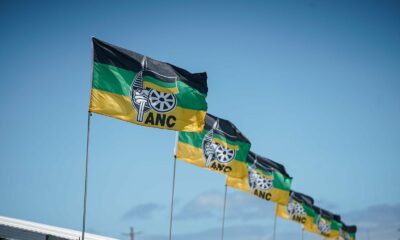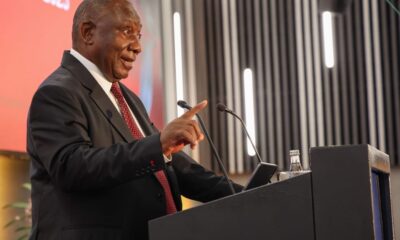In a revelation that has ignited public fury, the City of Tshwane’s spending on water tankers has exploded by a staggering 455%. The bill for these temporary water trucks has ballooned from R140 million to a colossal R777 million since the ANC, EFF, and ActionSA coalition took over the city’s administration. For residents facing dry taps, this figure is a devastating symbol of a government that chooses costly shortcuts over permanent solutions.
The astronomical spending has triggered accusations of a criminal betrayal, as the money spent on tankers could have funded the repair of the very water infrastructure that has left communities stranded.
The Stunning Numbers Behind the Crisis
The jump from R140 million to R777 million is not just a statistic. It represents a fundamental failure in governance. For context, the city had only budgeted R291 million to fix the critical Rooiwal wastewater treatment plant, a primary source of Hammanskraal’s water contamination problems. Johannesburg Water, meanwhile, budgeted R800 million to fix its entire broken Commando system.
This means Tshwane has spent almost as much on temporary water trucks as another metro is spending to rebuild an entire water system. Civil society groups are aghast, pointing out that the tanker money alone could have largely solved the Rooiwal crisis, providing a lasting fix instead of a costly, endless dependency.
A Criminal Dependency on Tankers
Advocacy groups are not mincing words. Dr. Ferrial Adam of WaterCAN called the spending a “betrayal of residents” and demanded a full investigation and transparency into which companies received these lucrative contracts. The Organisation Undoing Tax Abuse was even more direct, with executive director Stefanie Fick stating that “creating a situation that makes the city depend on water tankers was criminal.”
The strong language underscores a widespread belief that a corrupt syndicate is profiting from the continued misery of residents. The system, critics argue, incentivizes keeping the infrastructure broken to justify endless spending on emergency tanker tenders.
The Human Cost in Hammanskraal
Behind the multimillion-rand figures are people like Hammanskraal resident Theunis Vogel. He describes a community entirely reliant on a fleet of 15 water trucks that service 86 smallholdings. “We get water from tankers seven days a week,” he says, a practice that has become a permanent feature of life.
His frustration is palpable. “The Apies River remains a mess and won’t be rehabilitated if they don’t start with maintenance soon. It looks like nothing is happening there.” For Vogel and his neighbors, the R777 million is an abstract number that represents a concrete failure. They see the money being spent on the symptom of the crisis, the tankers, while the cause of the sickness, the broken infrastructure, is ignored.
As pressure mounts, all eyes are on Mayor Nasiphi Moya, who has yet to comment. The demand from citizens and watchdogs is clear: stop funding the crisis and start fixing it. Every rand spent on a tanker is a rand stolen from a permanent solution.



























